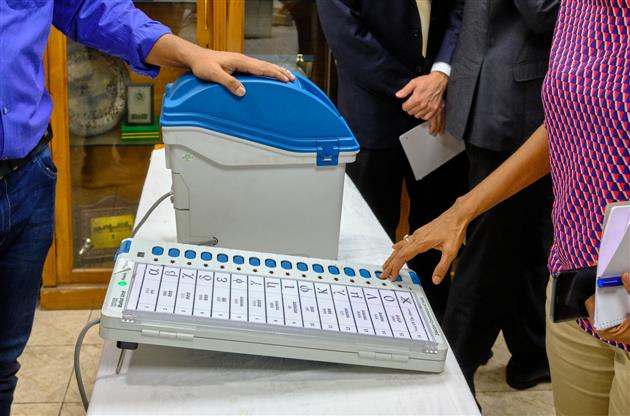Trust In Independent Candidates Dwindles With Over 99% Losing Deposits Since 1991 In Indian General Election
New Delhi: As India approaches its 18th general election, data reveals a significant decline in voter trust towards independent candidates. Since 1991, more than 99% of independent candidates have lost their deposits, indicating a diminishing influence.
According to the Election Commission of India, the percentage of independent candidates winning elections has plummeted from over 6% in 1951 to a mere 0.11% in 2019. This decline is evident despite a consistent high number of independent candidates contesting elections.
In the early years post-independence, around 6.90% of independent candidates won in 1951, and approximately 8.7% in 1957. However, the majority of independent candidates, around 67%, forfeited their deposits even during these periods.
Election regulations mandate candidates to secure at least one-sixth of the total valid votes polled to avoid losing their security deposits, which have significantly increased over the years.
Experts attribute the dwindling trust in independent candidates to various factors, including being overlooked by political parties and serving as vote-cutting tools. Maj Gen Anil Verma (retd), Head of the Association for Democratic Reforms (ADR), suggests that voters ultimately lean towards established parties, diminishing the impact of independent candidates.
In the 2019 Lok Sabha elections, out of over 8,000 independent candidates, only four emerged victorious. This underscores the marginalization of independent candidates in contemporary Indian politics.
The success of these few independent candidates, such as Sumalatha Ambareesh and Navnit Rana, often involves alignment with major political parties, further emphasizing the waning influence of independent candidates.




Comments are closed.